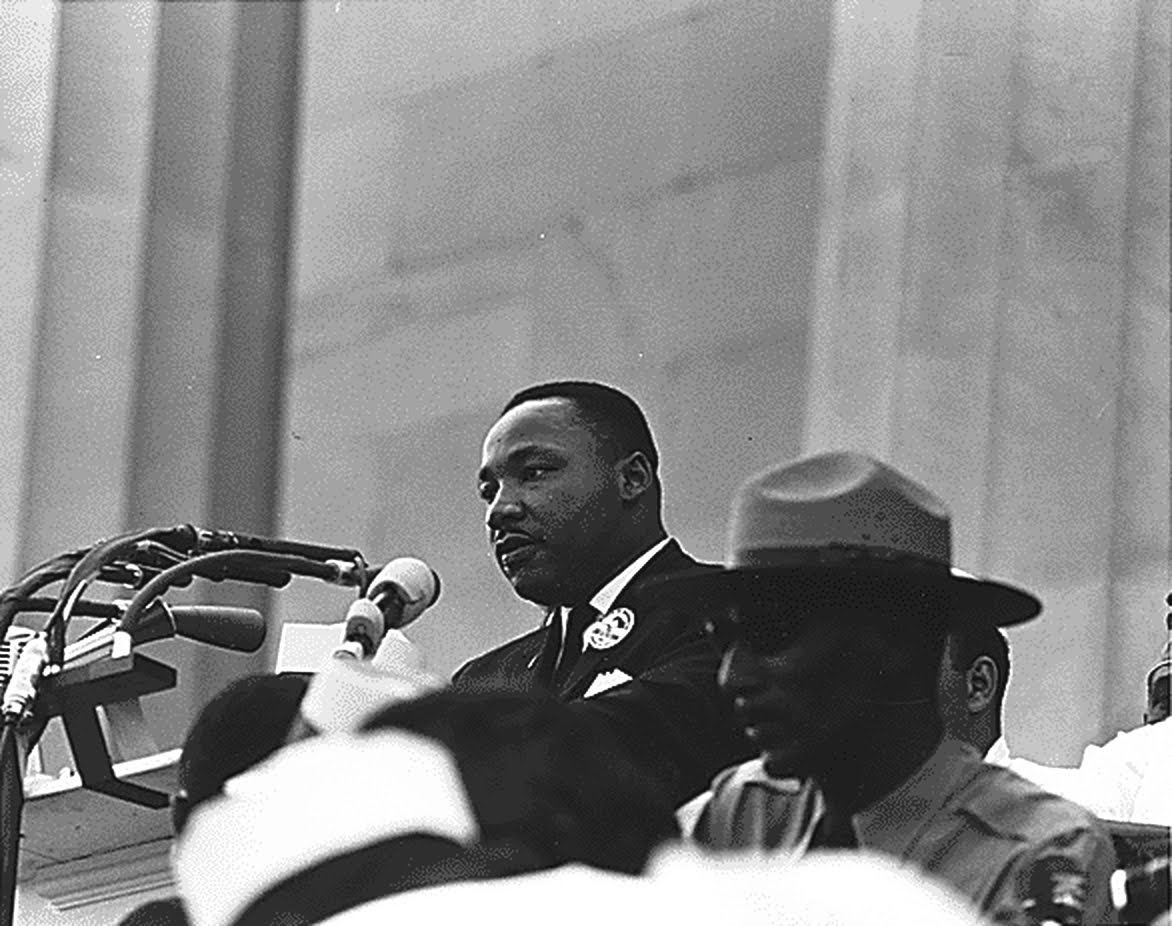 | Maj. Glenn Miller standing with hand in pocket. (U.S. Air Force photo) Information presented on www.nationalmuseum.af.mil is considered public information (Public Domain) and may be distributed or copied. Use of appropriate byline/photo/image credits is requested. |
The famous band leader supported the U.S. armed forces through radio broadcasts and performances nationwide. He also gave free records and radio-phonographs to U.S. military camps. At the peak of his civilian career, Miller decided he could better serve those in uniform by putting one on himself.
Too old to be drafted, Glenn Miller (age 38) volunteered for the Navy. The Navy could not use the band leader's services. Undaunted, Miller persuaded the Army to accept him so he could "put a little more spring into the feet of our marching men and a little more joy into their hearts... [and be] placed in charge of a modernized army band." Miller ultimately joined the Army Air Corps as a captain in the Army of the United States.
His distinguished Army Air Force Band was attached to the Supreme Headquarters of the Allied Expeditionary Forces, London, and was quartered at Milton Ernest near Bedford, England.
It is not an exaggeration to report that every band member owed his life to Glenn Miller. When the band arrived in London, they were quartered at 25 Sloane Court. Unfortunately, this was in the middle of "Buzz Bomb Alley," an area of sleepless nights because of the constant barrage of German V-1 bombs. Miller arranged for new quarters and transportation to move to Bedford on Sunday, July 2, 1944. The next morning, a buzz bomb landed in front of their old quarters, destroyed the building, and killed more than 100 people. None were Miller band members. Miller told band manager Lt. Don Haynes, "As long as [the Miller Luck] stays with us, we have nothing to worry about."
Glenn Miller wrote a friend that in one month "we played at 35 different bases and during our 'spare time' did 40 broadcasts." His Allied Expeditionary Forces Band spent 18 hours a day recording and performing. Miller's hard work was recognized when he was promoted to major July 24, 1944.
It was an honor for Miller to christen a B-17G bomber named after his famous theme song, "Moonlight Serenade" in Knettishall, England, Aug. 25, 1944. However, the aircraft was shot down Sept. 5, 1944.
Lt. Haynes was the last person to see Maj. Miller alive. Miller took his manager's place on the Dec. 15, 1944, flight from Twinwood Farm air field to Paris, France, to arrange for the band's appearance. Flight Officer John Morgan piloted the Norseman UC-64 with Miller and Lt. Col. Norman F. Baessell aboard. Morgan took off despite the foggy weather. The plane never reached France and was never found.













No comments:
Post a Comment